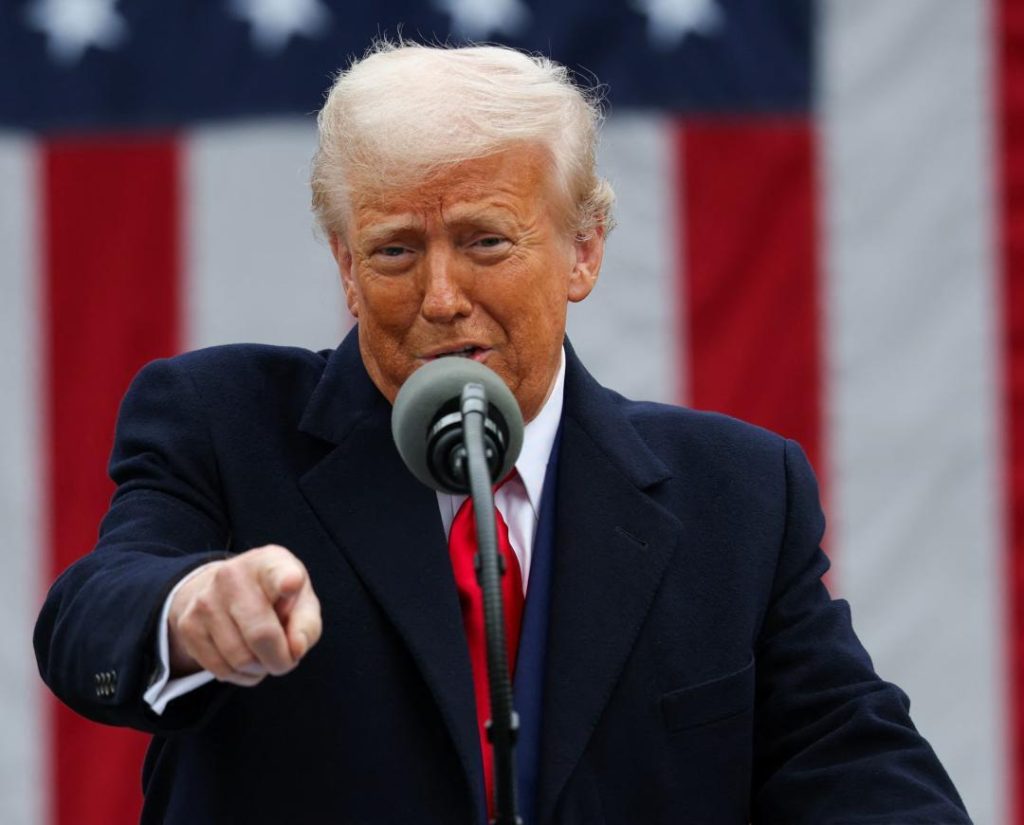
Which Goods & Items are Exempt from Trump’s New Tariffs?
In a move that has sent shockwaves across the global economy, US President Donald Trump announced new reciprocal tariffs on Wednesday, April 2. The tariffs, which aim to reduce the trade deficit with China, have been met with opposition from various quarters, including business leaders and economists. While many goods have been caught in the crossfire, certain commodities have been kept out of the ambit of these tariffs. In this blog post, we will delve into the list of exempted goods and items, including pharmaceuticals, bullion, energy, and more.
Pharmaceuticals
Pharmaceutical products are among the major exemptions from Trump’s new tariffs. This is significant, as India’s pharma exports to the US account for nearly $9 billion worth of exports from the country. According to a report by Moneycontrol, the exemption of pharma products from tariffs is a major relief for Indian pharma companies, which have been struggling to maintain their market share in the US due to increased competition and regulatory hurdles.
Bullion (Physical Gold and Silver of High Purity)
Another commodity that has been exempt from tariffs is bullion, which includes physical gold and silver of high purity. This decision is significant, as the global gold and silver markets are highly sensitive to changes in tariffs and trade policies. The exemption of bullion from tariffs is likely to provide a boost to the global gold and silver prices, which have been under pressure due to increased trade tensions.
Energy
Energy commodities, including crude oil, natural gas, and coal, have also been exempt from Trump’s new tariffs. This decision is significant, as the global energy market is highly interconnected and any disruptions to the supply chain can have far-reaching consequences. The exemption of energy commodities from tariffs is likely to provide a relief to energy producers and consumers alike.
Some Minerals Not Available in the US
Certain minerals that are not available in the US have also been exempt from tariffs. These minerals, which include rare earth minerals and other strategic minerals, are critical components in various industries, including technology, energy, and defense. The exemption of these minerals from tariffs is likely to ensure the continued supply of these critical materials to US industries.
Copper
Copper, a critical component in various industries, including construction, electronics, and renewable energy, has also been exempt from tariffs. The exemption of copper from tariffs is significant, as any disruptions to the supply chain can have far-reaching consequences for industries that rely heavily on copper.
Steel and Aluminium
Steel and aluminium, two of the most affected industries by Trump’s tariffs, have also been partially exempted from tariffs. While some steel and aluminium products continue to be subject to tariffs, others have been exempted, including certain types of steel and aluminium used in the production of aircraft and automobiles.
Semiconductors
Semiconductors, a critical component in various industries, including technology and defense, have also been exempt from tariffs. The exemption of semiconductors from tariffs is significant, as any disruptions to the supply chain can have far-reaching consequences for industries that rely heavily on these components.
Lumber Articles
Finally, lumber articles, including wood and wood products, have also been exempt from tariffs. The exemption of lumber articles from tariffs is significant, as any disruptions to the supply chain can have far-reaching consequences for industries that rely heavily on these products, including construction and furniture manufacturing.
Conclusion
In conclusion, while Trump’s new tariffs have sent shockwaves across the global economy, certain commodities have been kept out of the ambit of these tariffs. Pharmaceuticals, bullion, energy, some minerals not available in the US, copper, steel, aluminium, semiconductors, and lumber articles are among the exempted goods and items. These exemptions are significant, as they will help to ensure the continued supply of critical materials to various industries and prevent disruptions to the global economy.
Source:






